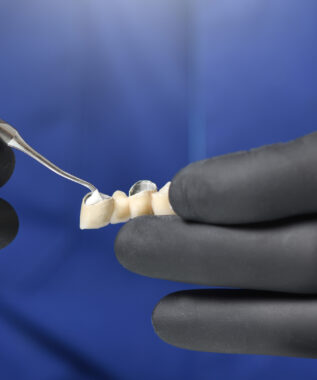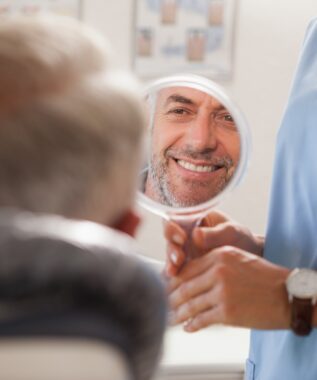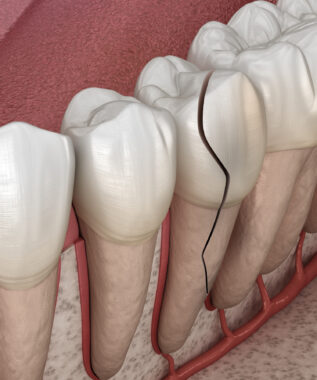Nothing is worse than chomping down on your favorite holiday treat and experiencing tooth pain. What’s more, that pain could actually be indicative of a much bigger problem, as regular tooth pain is not common. It could indicate a lodged structure, a chip or fracture, or even a sign of infection. If left unmanaged, this… Read more »
Category: Restorative Dentistry
Three Things that Bonding and Contouring Can Help With
While attending routine examinations and practicing oral health habits such as flossing and brushing at home are ana excellent way to stay on top of your smile, constant wear and tear from day-to-day activities can also work in the background to weaken your teeth. In fact, daily activities such as chewing, eating, drinking, and more… Read more »
Does Your Tooth Need a Crown to Fix It?
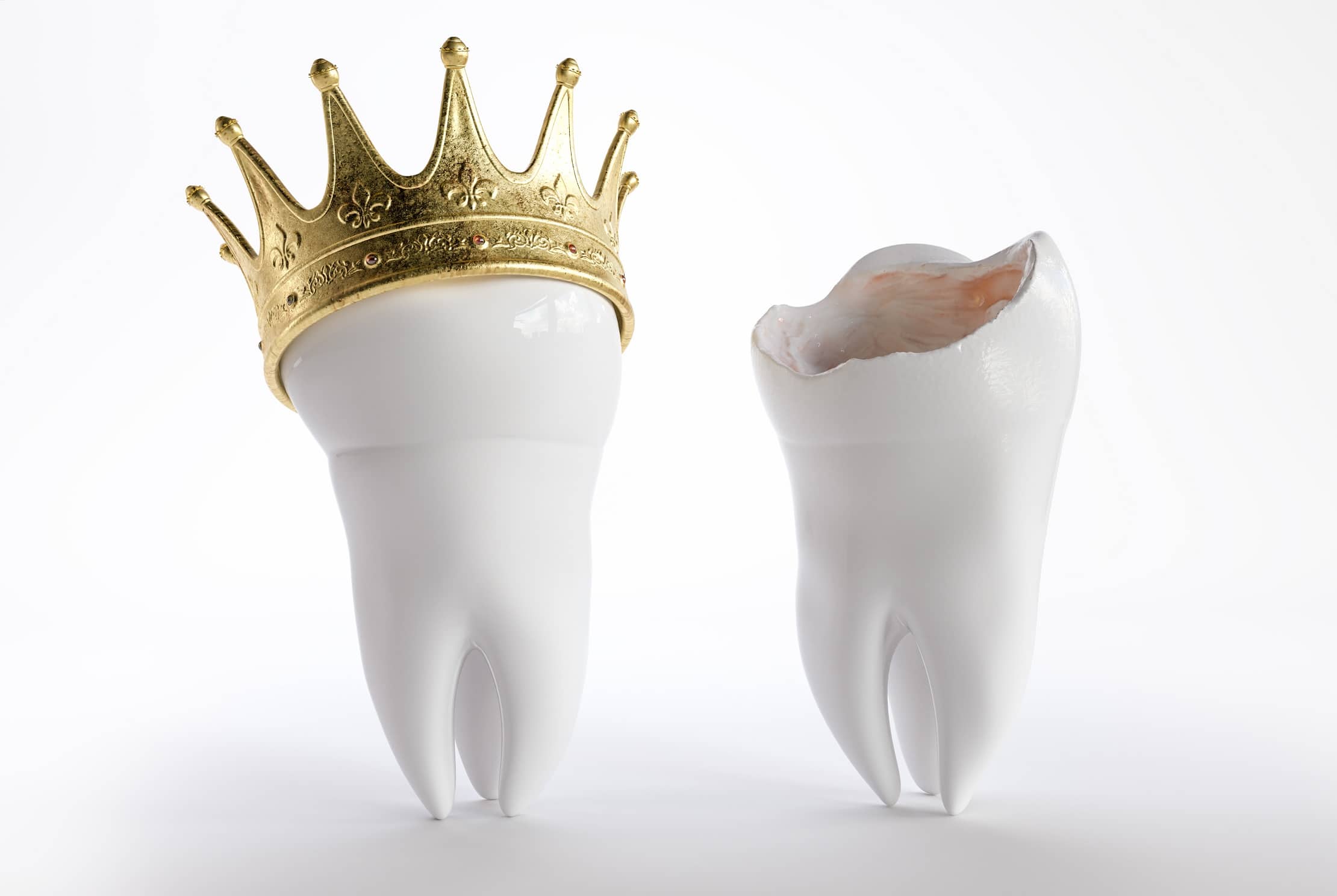
The good thing about modern restorative dentistry is that you have a wide range of options for dealing with nearly kind of problem your teeth might develop. For example, when many people expect to need a full restoration, such as a dental crown, to restore their tooth, they’re often surprised to learn that their dentist… Read more »
How Fixing Tooth Damage Early Saves Your Smile

When you’re confident in your dental hygiene and preventive dental care routines, it can be easy to feel like your smile is invincible. However, many cases of tooth damage occur unexpectedly, or as the result of an underlying problem that patients don’t realize they have (such as bruxism). If you don’t realize that your tooth… Read more »
Why Teeth Shouldn’t Feel Pain, and What It Means if They Do

When your teeth are healthy, they shouldn’t feel much. Yet, even when they start to grow sensitive, it can seem like an insignificant thing, especially if the sensitivity is minor. If one or more of your teeth feel sensitive or painful to any degree, it’s typically a sign that something is wrong with the tooth… Read more »
Things that Dental Crowns Are Often Recommended For
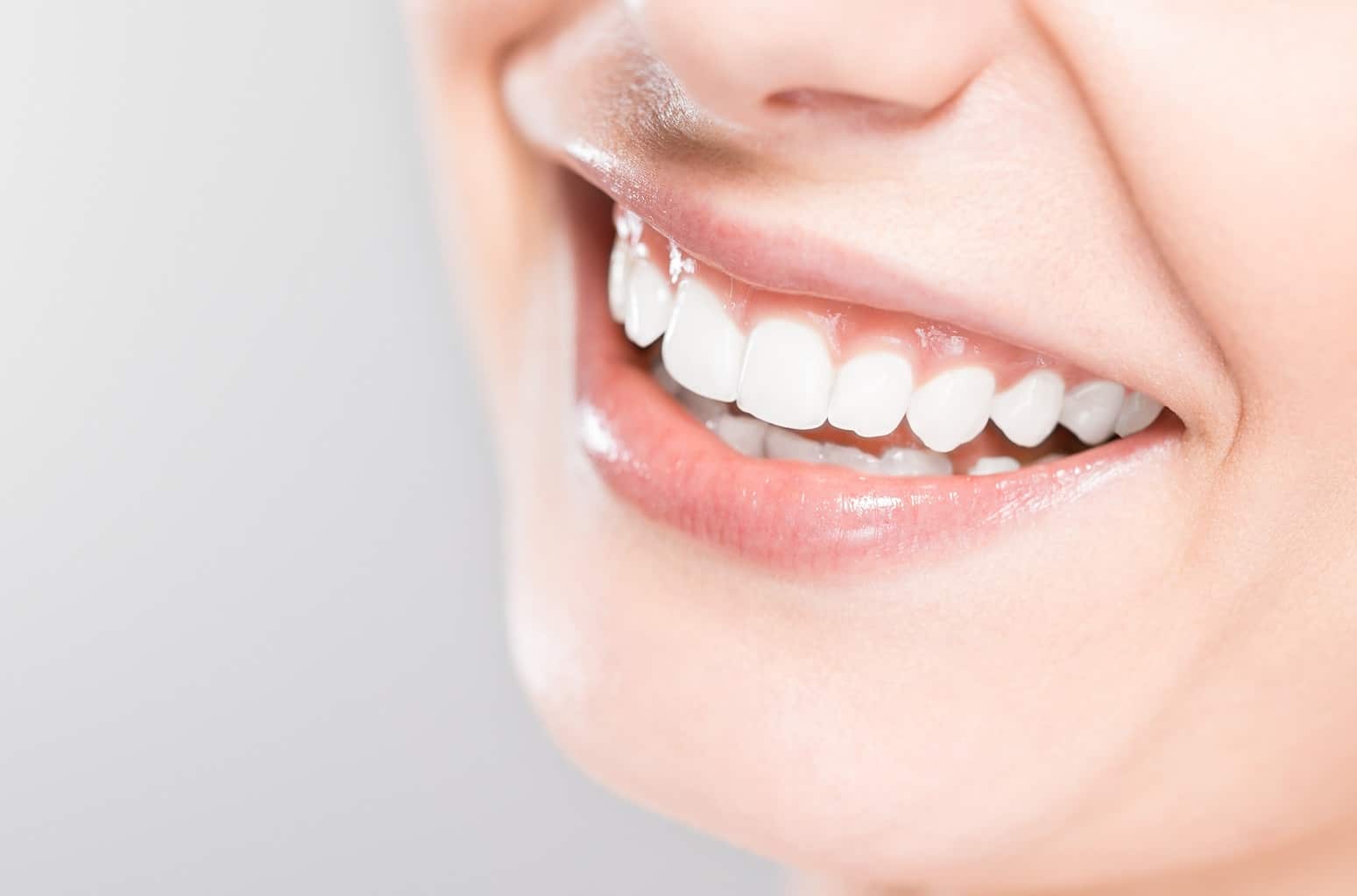
Some common dental restorations are designed to restore a specific part of your tooth’s structure. For instance, a tooth filling is only made to fill a cavity and restore the part of your tooth that lost structure to it. However, a dental crown is a more comprehensive restoration that’s designed to completely restore the entire… Read more »
Why Dental Restorations Are Designed to Be Lifelike

Not all oral health concerns create highly noticeable impacts to your smile’s appearance. For instance, conditions like tooth decay and gum disease may not become visibly obvious until they’ve reached their more severe stages. However, when a tooth is damaged or its visible structure is compromised, the impact is often visible. One of the reasons… Read more »
Why All Types of Tooth Damage Are Serious

With certain types of concerns with your teeth, the severity of the problem can be determined by how much of your tooth structure is affected by it. For example, a tooth that has a small piece chipped off of its surface may not seem like it’s in serious trouble, even if the chipped part of… Read more »
When To Consider A Dental Crown

Practicing consistent oral health habits such as routine brushing and flossing, in addition to attending regular examinations and cleanings are the ideal way to keep your smile in tip-top condition, but what do you do when something unexpected occurs? Accidents can happen at any given moment and cause harm to your teeth, such as cracks,… Read more »
How Getting a Cavity Filled Can Protect You from Disease
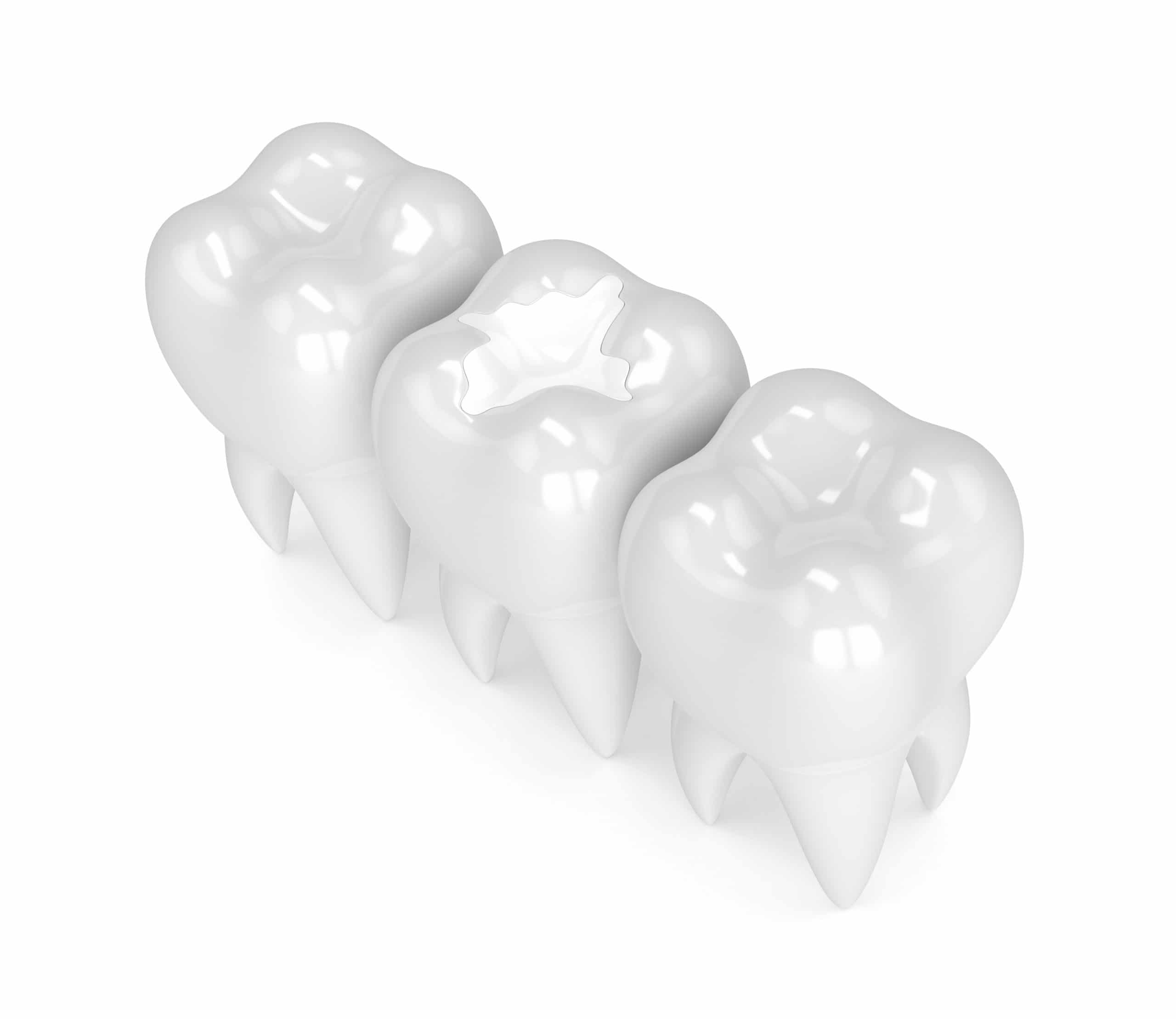
As one of the most common dental concerns out there, cavities should not go untreated. At times they can be difficult to spot with the naked eye, however, attending routine check-ups and examinations can help you identify any concerns or threats to your smile while also offering solutions as to how to prevent them. If… Read more »




